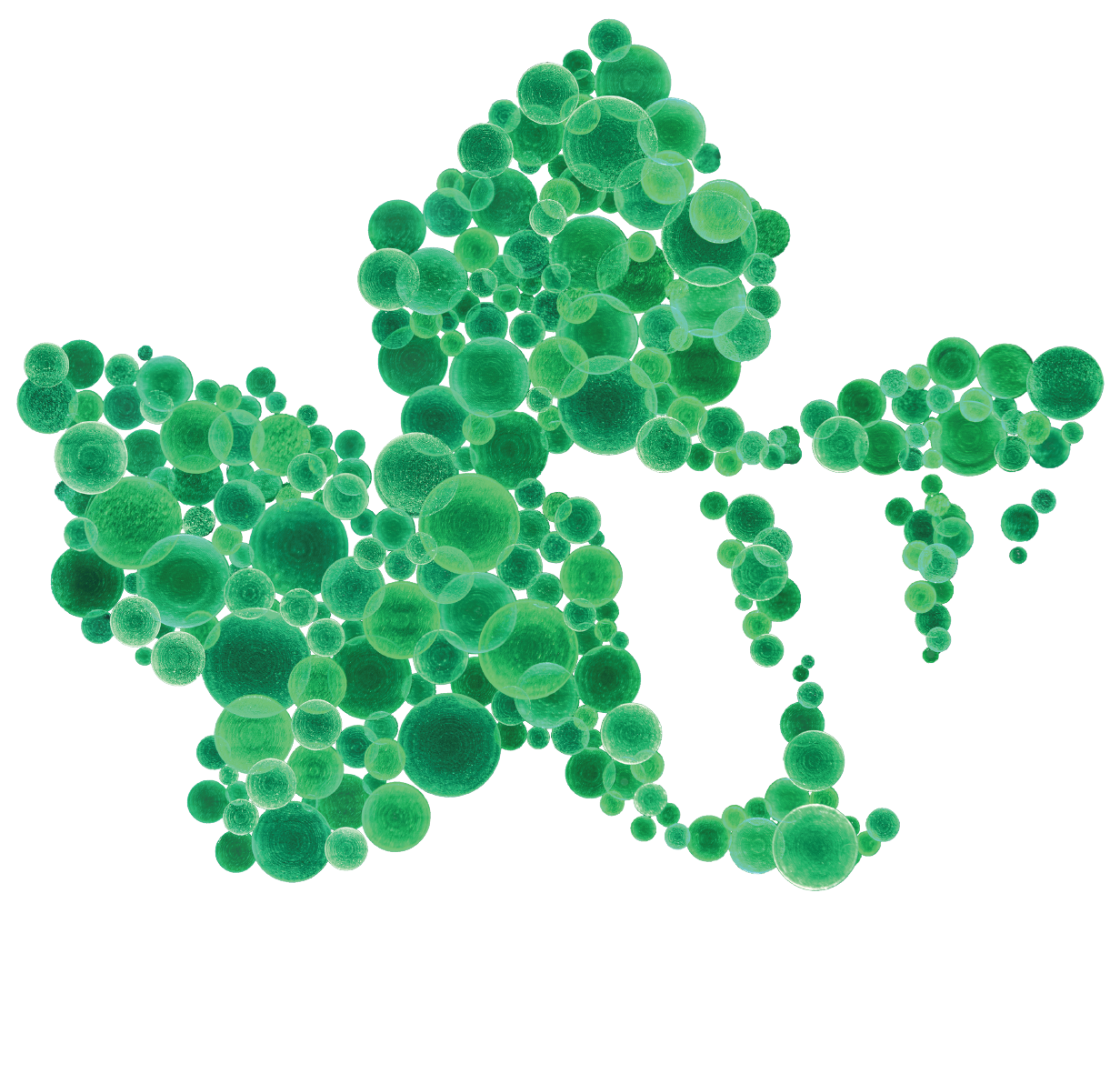First Place
By integrating mealworm farming with maize flour production, we create protein-enriched flour that addresses malnutrition in Njombe and Tanzania at large, benefiting communities with high rates of child undernutrition. Leveraging mealworm farming efficiency, protein-enriched maize flour is produced at a cost of 20-30% lower than other proteins sources, providing an affordable alternative for low-income households. This approach also repurposes agricultural waste from mealworm farm into compost, promoting better nutrition, sustainable farming practices and environmental stewardship.
Second Place
By creating plant-based alternatives to fossil-fuel plastics, our approach tackles both the plastic pollution crisis and the environmental burden of unmanaged organic waste. Rethread Africa addresses these challenges by transforming post-harvest agricultural and organic waste into fully biodegradable bioplastics through green chemistry and microbial fermentation. Using locally sourced microbes and solvent-free processes powered by renewable energy, we upcycle waste materials like sugarcane bagasse and potato peels into bioplastic resin that naturally decomposes in soil and aquatic environments. This plant-based plastic alternative eliminates reliance on petroleum-based materials while valorizing waste that would otherwise pollute land and air.
Third Place
Envirovex addresses antibiotic pollution by proposing a bio-based solution via antibiotic waste-to-value conversion. This proposal provides an alternative to the traditional linear model of antibiotic production - consumption - dispose/discharge to the environment, and makes full use of the antibiotic waste compounds to generate high value byproducts through a sustainable bio-based solution. Our proposal identifies the neglected challenge of antibiotic pollution and its contribution to antimicrobial resistance, highlights the key stakeholders involved, proposes a solution with a viable business model to tackle the sources of antibiotic release from agriculture, pharmaceutical, manufacturing and wastewater discharge, and assesses its impact and potential barriers.
FINALIST AWARDS
Eco Nasi has developed a novel technology that converts pineapple pulp waste, a protein-rich and globally abundant waste raw material, into a premium high-performance leather alternative five times more durable than conventional leather and can be produced at scale through innovative bacterial and enzymatic processes. Our mission is to transform leather production into a force for good that protects the planet, empowers vulnerable communities, and provides farmers with new economic opportunities.
Our solar-powered dehydrator uses indirect heating—solar energy heats the air inside the dryer, which then removes moisture from fruits and vegetables to extend their shelf life. Built with affordable, locally sourced timber and equipped with a solar-powered fan for better airflow, the dehydrator also includes recycled materials like old refrigerator and computer parts to cut costs and reduce environmental waste. Black metal and repurposed aluminum are now integrated into newer models to improve heat absorption and efficiency. The mobile design allows us to reach scattered smallholder farmers, making it more practical than a stationary unit at this stage.
Phase 3: Semifinalist Teams










Phase 2 Teams















Phase 1 Teams


































































